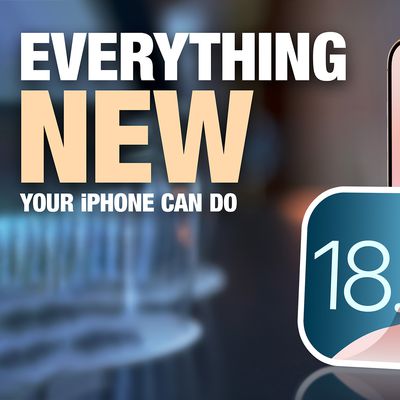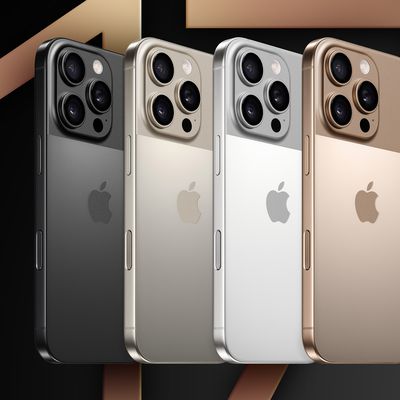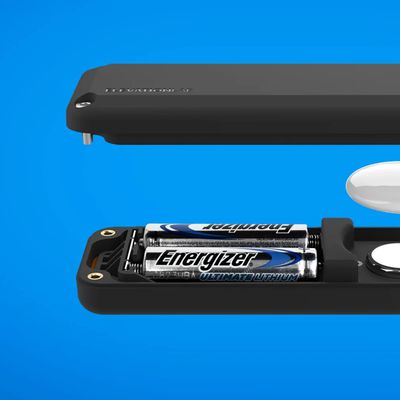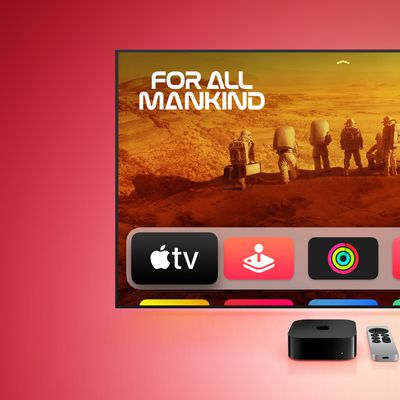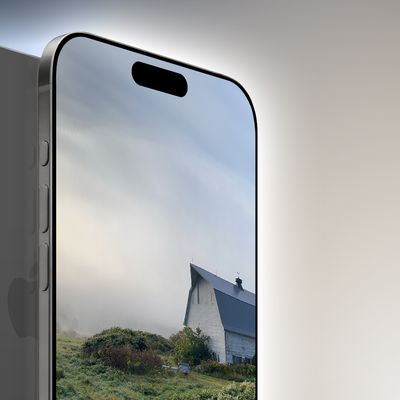Kuo: MacBooks With Apple-Designed Processors Coming Late 2020 or Early 2021, All-New Design to Follow in Mid 2021
In addition to forecasting the launch of new MacBook Pro and MacBook Air models with scissor keyboards in the second quarter of 2020, analyst Ming-Chi Kuo believes that Apple has bigger ambitions for its notebook lineup.
In a research note today, obtained by MacRumors, Kuo said Apple plans to launch MacBook models with its own custom processors in the fourth quarter of 2020 or the first quarter of 2021. Kuo did not indicate whether these will be MacBook Pro or MacBook Air models, or both, nor did he share any further details.
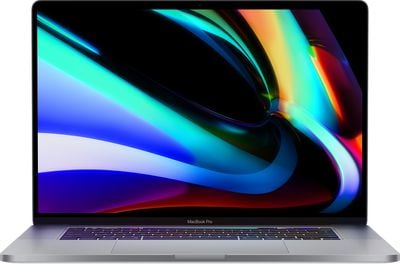
Rumors have suggested that Apple is working on custom Arm-based processors that would allow it to transition away from its current MacBook processor supplier Intel, which has occasionally experienced delays with its chips.
Kuo also believes that Apple will introduce MacBook models with an all-new design in the second or third quarter of 2021, but again, he did not indicate whether these will be Pro or Air models. The last significant redesign of the MacBook Pro occurred in October 2016, while the MacBook Air received a major redesign in October 2018.
Popular Stories
Apple released iOS 18.2 in the second week of December, bringing the second round of Apple Intelligence features to iPhone 15 Pro and iPhone 16 models. This update brings several major advancements to Apple's AI integration, including completely new image generation tools and a range of Visual Intelligence-based enhancements. Apple has added a handful of new non-AI related feature controls as...
The current Apple TV 4K was released more than two years ago, so the streaming device is becoming due for a hardware upgrade soon. Fortunately, it was recently rumored that a new Apple TV will launch at some point next year.
Below, we recap rumors about the next-generation Apple TV.
Bloomberg's Mark Gurman last week reported that Apple has been working on its own combined Wi-Fi and...
Wednesday December 18, 2024 11:39 am PST by
Juli CloverApple is no longer planning to launch a hardware subscription service that would let customers "subscribe" to get a new iPhone each year, reports Bloomberg's Mark Gurman.
Gurman first shared rumors about Apple's work on a hardware subscription service back in 2022, and at the time, he said that Apple wanted to develop a simple system that would allow customers to pay a monthly fee to gain...
Contrary to recent reports, the iPhone 17 Pro will not feature a horizontal camera layout, according to the leaker known as "Instant Digital."
In a new post on Weibo, the leaker said that a source has confirmed that while the appearance of the back of the iPhone 17 Pro has indeed changed, the layout of the three cameras is "still triangular," rather than the "horizontal bar spread on the...
Wednesday December 18, 2024 10:05 am PST by
Juli CloverElevation Lab today announced the launch of TimeCapsule, an innovative and simple solution for increasing the battery life of Apple's AirTag.
Priced at $20, TimeCapsule is an AirTag enclosure that houses two AA batteries that offer 14x more battery capacity than the CR2032 battery that the AirTag runs on. It works by attaching the AirTag's upper housing to the built-in custom contact in the...
Apple on Monday seeded the first tvOS 18.3 beta to developers for testing. The update will likely be released in January. So far, there are only minor changes for the Apple TV, with one new feature and a few code changes discovered.
Below, we outline what is new in tvOS 18.3 so far.
Robot Vacuum Support in Home App
First, tvOS 18.3 will add robot vacuum support to the Home app on the...
Blackmagic today announced that its URSA Cine Immersive camera is now available for pre-order, with deliveries set to start late in the first quarter of 2025. Blackmagic says that this is the world's first commercial camera system designed to capture 3D content for the Vision Pro.
The URSA Cine Immersive camera was first introduced in June, but it has not been available for purchase until...
Apple is planning a series of "major design" and "format changes" for iPhones over the next few years, according to The Wall Street Journal's Aaron Tilley and Yang Jie.
The paywalled report published today corroborated the widely-rumored "iPhone 17 Air" with an "ultrathin" design that is thinner than current iPhone models. The report did not mention a specific measurement, but previous...



